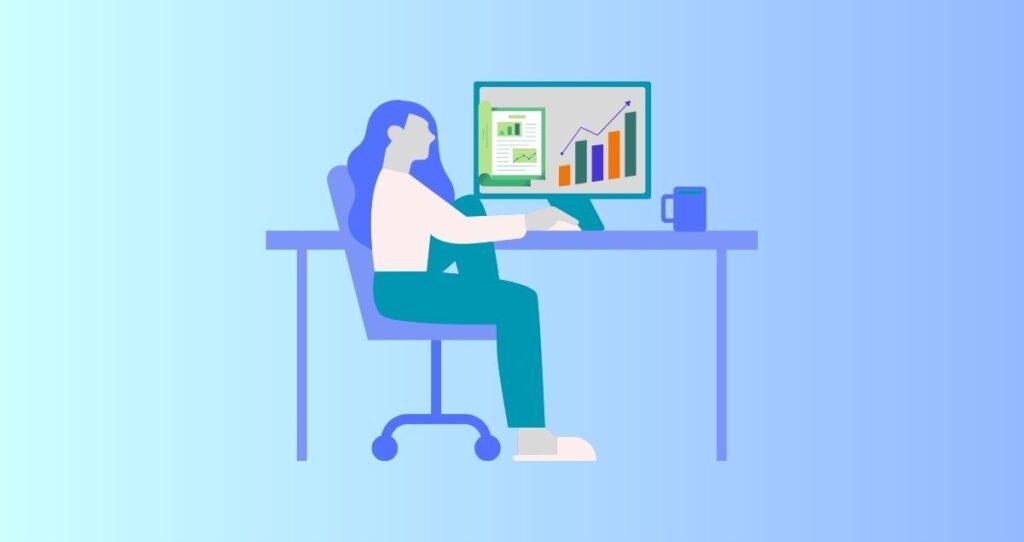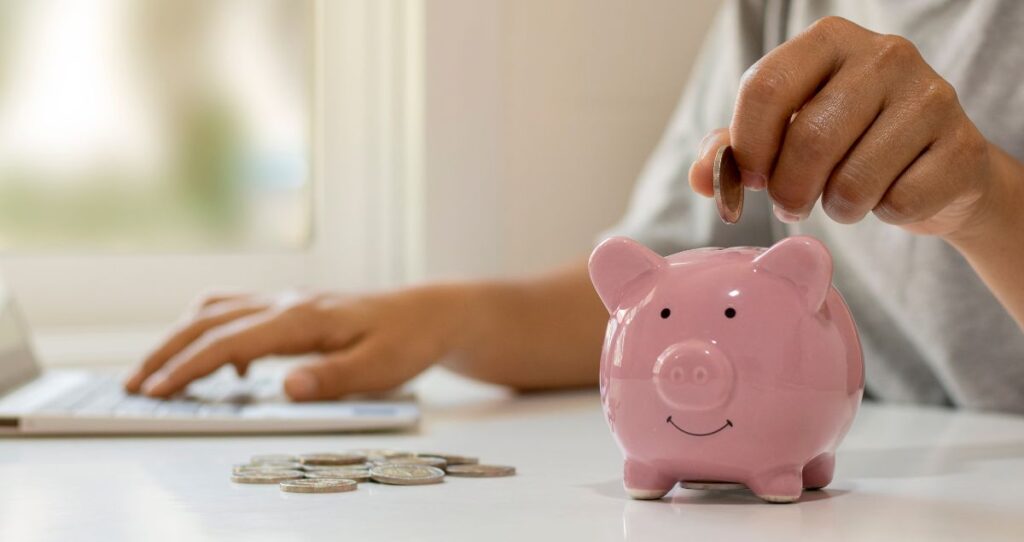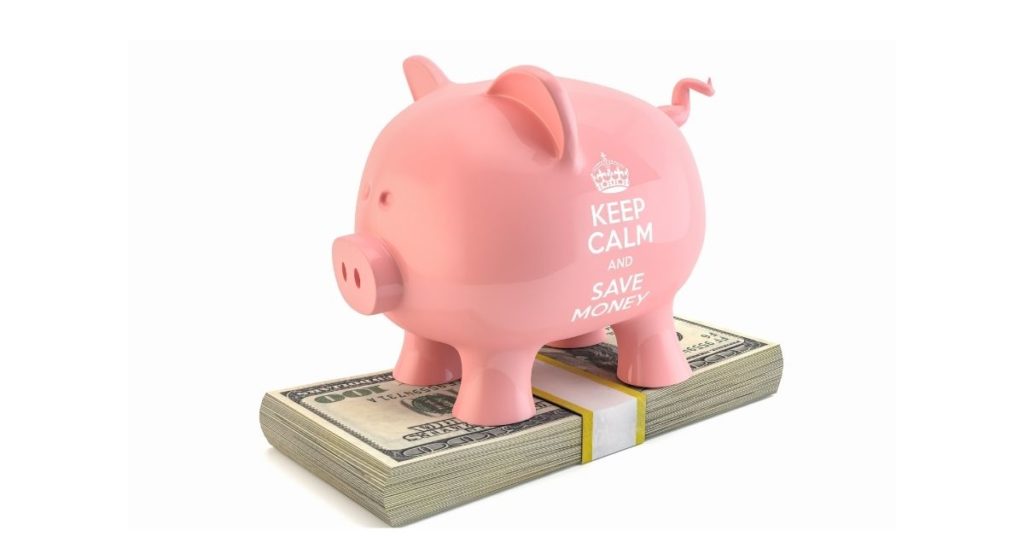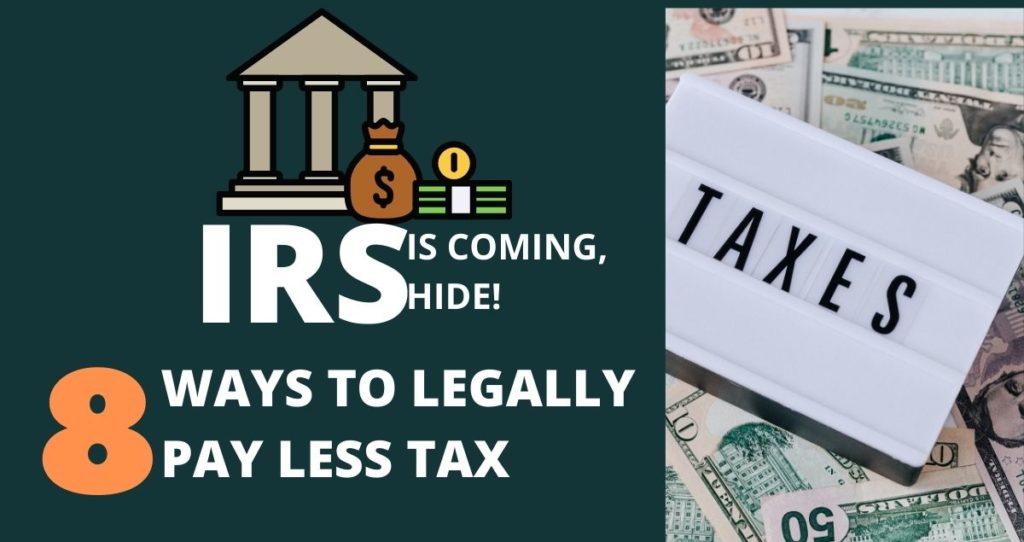Money comes and goes. That is the universal rule of money. Even if you keep in a piggy, eventually, the inflation will eat it. The only thing you can do is to decide how your money goes and where it goes. That is why most people create a personal budget to help them manage and spend their money appropriately.
Creating a personal budget and sticking to it can be tricky. It is not about the numbers listed in a table in some software. Budgeting goes beyond numbers. What you do before creating a personal budget and after creating it matters the most.
Millions of people create personal budgets and fail to stick to them. Wrongly created budgets lead to overspending. Usually, budgets fail due to poor planning and endless desires to own more.
That is why the first step in creating a personal budget, is not to create the budget. There are things you must do in order to create a functional and successful personal budget. A good budget starts in the planning, not in the making.
What is a personal budget?
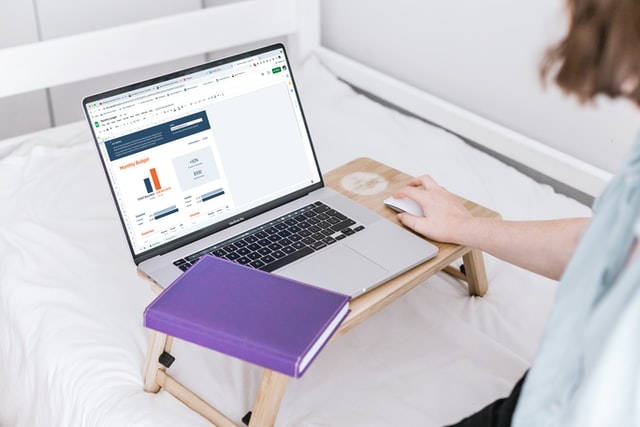
A personal budget a.k.a a home budget is a budget that helps families to manage their future earnings, expenses, and savings. Budgeting is all about making sense of your finances and spending your funds in ways that work in your favor.
There are many reasons you must create a personal budget. Some people create personal budgets to save for investments, weddings, retirement, school, mortgage payments, etc. Whatever your budgeting goals are, a home budget can help you achieve them.
When creating a personal budget, it is extremely important to consider past financial situations. This is because your current financial situation is a direct result of your past decisions.
Your recent financial decision and future goals will directly impact the way you create a personal budget. Before you start putting numbers together and allocating funds into specific expenses, there are financial evaluations you must perform. These evaluations will help you create a functional, reliable, and practical budget. This article has all the details you need to get started.
Without further ado, the following are 9 important things you must do before creating a personal budget.
1. Know why you need a budget
The first step to creating a personal budget is not creating a budget. Knowing, why you are creating the budget, is the first step. Why do you need a budget in the first place?
Maybe you want to create a budget to save money for a house’s down payment or retirement. So, make sure that you know your WHY.
The answer to these questions will help you move forward with certainty in your budgeting practices.
2. Be on the same page with your spouse
Budgeting is all about understanding one’s finances and making proper financial decisions based on the numbers are saying. Not everyone wants to deal with numbers or give up a weekly restaurant dinner to save that extra $100.
Just because you want to create a personal budget, it does not mean that your spouse or partner wants to do the same thing. You need to talk to your spouse about making a budget. Being on the same page with your partner will increase your chances to win and stick to the budget.
Couples should talk about financial decisions they want to make why they are making them. Otherwise, unnecessary conflicts will ignite between them.
It is always a good idea to have a mutual understanding and common financial goals. If you know that creating a personal budget will help you save money for travel; it will be your responsibility to help your partner understand these benefits. You can’t succeed at budgeting if you and your partner are not on the same page.
3. List all goals you want to achieve with your budget
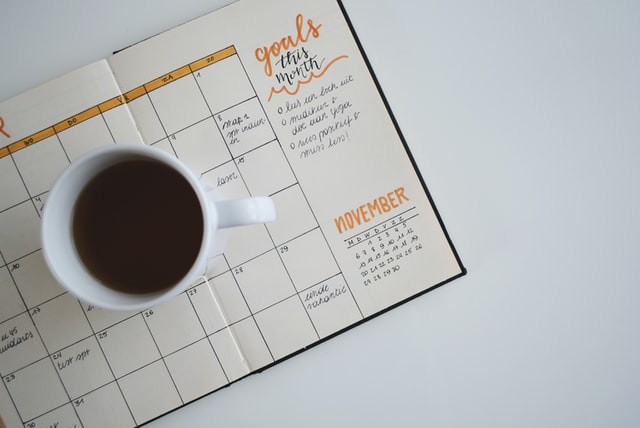
You cannot create a personal budget without a goal. Matter of fact, every budget no matter how big or small needs a budgeting goal. You should always have these budgeting goals ready and listed down where you can see them.
The following are some of the budgeting goals to help you create a personal budget.
- Saving money for a down payment on a house
- Saving for school
- Contributing to your retirement accounts
- Puting money aside for your investments
- Saving for a wedding
- Contributing more to your loan payments
- Travel savings, etc.
Which ones are your saving goals? It is possible that you can have more than one goal. List all of them in your budget or somewhere on a piece of paper where you can access them anytime you want.
Creating a personal budget and sticking to it is not that easy. That is why you must know your goals. If your goal(s) is strong enough and you have a burning desire to achieve it; creating a budget will not be that difficult.
4. Have a deadline for each goal
No financial goal is complete without a deadline. You must have a date in mind when you want to achieve your goal.
Having a deadline is very important as it keeps you on your toes. It is always easy to evaluate how well you are doing when you have a deadline.
One big mistake people make when creating a budget is forgetting a deadline. They say they are saving money for a house without a deadline. Then, 10 years later they say it is not possible to make a working budget.
In order to create a personal budget and stick to it, you will need to establish a deadline. Your budgeting deadline should not be too far into the future but also not too short. A fast deadline will be too hard to beat. On the other hand, a much-stretched deadline will make it hard to achieve your goals. You will think you have enough time and that will lead to not following your budget.
5. List all your expenses based on their priorities
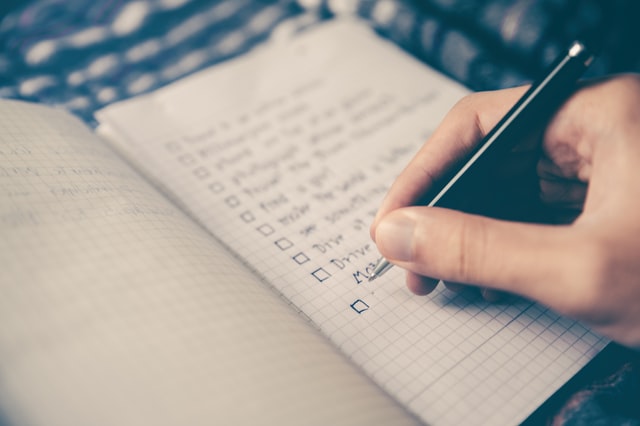
You cannot create a personal budget without knowing where your money goes. You need to know all your expenses and their level of priorities.
To make it easy for you, go ahead and write down every expense and how much it is.
Next, arrange all your expenses according to their level of priority.
In other words, you need to know what is a need and a want.
For example, your rent or mortgage payment is a need. So, it will have a higher priority on the scale. On the other hand, your amazon subscription is a want. The new Nike shoes you just bought are wants. You can live comfortably without these items.
For this reason, items like these will rank lower on the priority scale.
Do this exercise to all of your expenses and be transparent/ honest with yourself. Otherwise, you could end up treating wants as needs because you want them so bad.
6. Evaluate where to lower your expenses
A personal budget is like a tool that can be modified when necessary. Your budget will change over time as your financial situations change. There are times when you will want to save more money due to another financial goal that just showed up.
This is why you need to know expenses you can eliminate when you have to cut down your expenses. This process should be easy because you organized your expenses based on their priorities or level of importance.
Related: 20 clever ways to reduce expenses and increase savings
7. Fix leaks in your budget
Budgeting is not easy and millions of people make budgets but fail to stick to them. If it was easy, everyone would be doing it. Before you create a personal budget, know that the road ahead is hard but achievable.
There are times when temptations will overwhelm your budgeting rules and overshadow your goals. When this happens, you will end up making unnecessary purchases that will most likely put your budget out of balance.
Spending unbudgeted money or going over what you planned causes some leaks in your budget. Those extra dollars you spent can ruin your personal budget and make it difficult to stick to it.
You must take action and work on your habits before it is too late. The budgeting road is hard and it becomes harder when emotions are involved.
8. Find the right budgeting tools
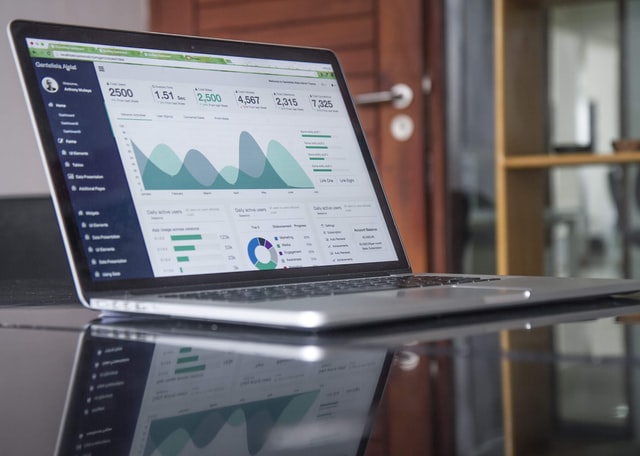
There are people who create a personal budget in a notebook or a piece of paper. You don’t necessarily have to follow in the same footsteps and do everything the old way.
With technological advancement, there are numerous budgeting software and tools you can use. These tools were designed for this purpose and they make it easy for you. You don’t have to worry about misplacing your paper or losing it.
Everything can be written in budgeting software such as Microsoft Excel, budgeting apps, etc. Find one that works for you and stick to it. It is important that you do some research and chose a budgeting tool ahead of time.
9. Understand that budgeting requires discipline and strong will to stick to it
If you are going to start a budget thinking that it will be a piece of cake, you are in for a crazy ride. It is easy to write numbers down. Respecting them is another story.
It is possible to create a personal budget, but there is a price to pay. The price comes in the form of hard work and discipline. You may have to change your lifestyle in order to stick to your budget.
For example, you cannot keep hanging out with people who only motivate you to spend. You will need to draw a line on what you can and cannot do with such friends.
These are some of the adjustments you will need to make in order to stick to your budget.

